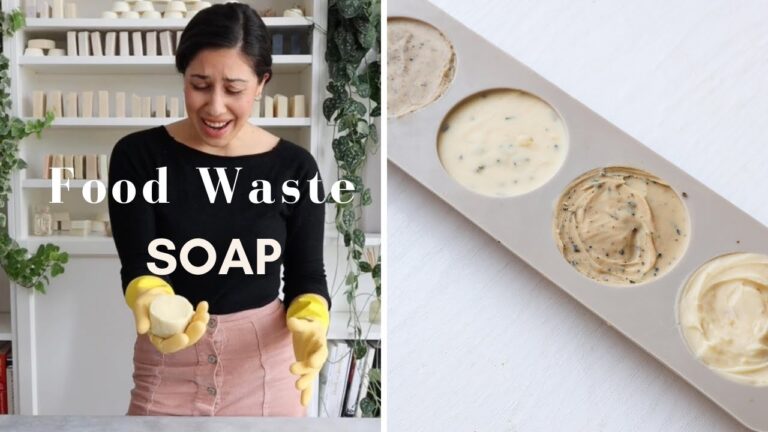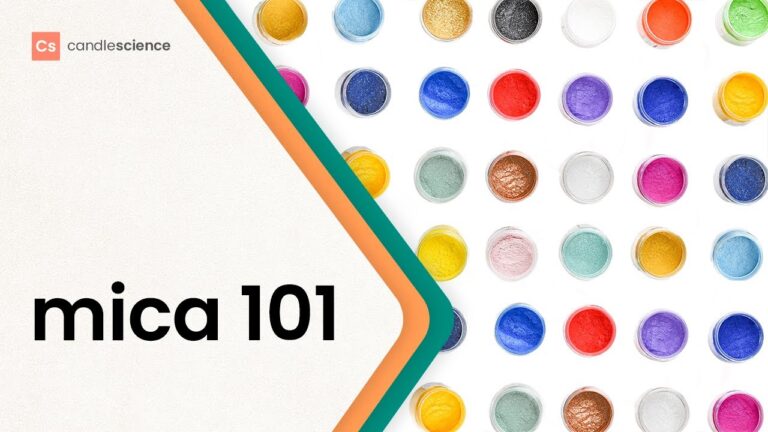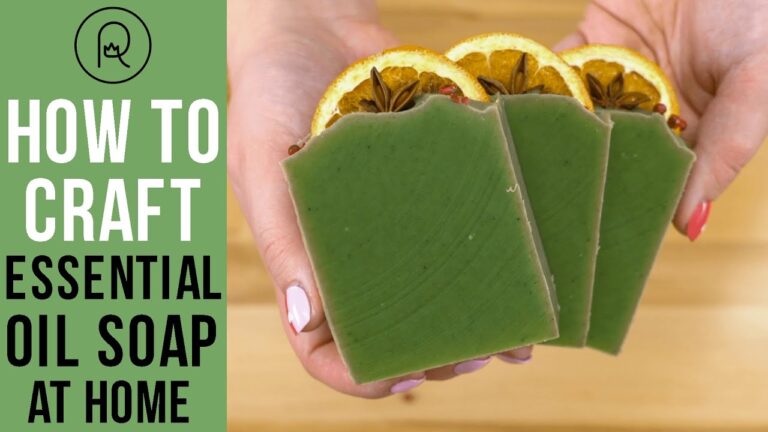Are you looking for an easy way to reduce waste and help the environment? Look no further than making your own homemade soap! Not only is it a fun and creative project, but it also allows you to control the ingredients and packaging, minimizing waste in the process. Say goodbye to plastic bottles and unnecessary chemicals, and say hello to a more sustainable lifestyle. Join us as we explore the benefits of homemade soap and learn how you can incorporate it into your daily routine.
Is homemade soap eco-friendly?
Homemade soap is a great eco-friendly alternative to commercial soaps. By using natural ingredients and minimal packaging, homemade soap production reduces waste and environmental impact. Unlike commercial soap production, which often involves harmful chemicals and excessive packaging, homemade soap making is a sustainable and environmentally friendly choice.
Natural soap making is a low-waste and zero-toxin process that benefits both the environment and our health. With simple, natural ingredients, homemade soap is not only better for the planet, but also for our skin. By choosing to make or purchase homemade soap, you can contribute to a more sustainable and eco-friendly lifestyle.
What are some ways to minimize soap waste?
One effective way to reduce soap waste is by switching to refillable soap dispensers. Instead of constantly throwing away empty plastic soap bottles, refillable dispensers allow you to simply replenish the soap supply with a bulk refill. This not only reduces the amount of plastic waste generated but also saves money in the long run.
Another solution to minimize soap waste is by using bar soap instead of liquid soap. Bar soap typically lasts longer than liquid soap and generates less packaging waste. Additionally, there are many sustainable and eco-friendly options available in the market, such as organic and biodegradable bar soaps, which further contribute to reducing waste.
Lastly, educating and encouraging people to use only the necessary amount of soap can significantly reduce waste. By promoting the use of small amounts of soap for effective cleaning, individuals can help minimize excessive soap usage and ultimately reduce waste. Additionally, incorporating eco-friendly practices such as composting soap scraps can further contribute to waste reduction efforts. Overall, a combination of refillable dispensers, bar soap usage, and mindful consumption can greatly reduce soap waste.
Why is soap harmful to the environment?
Soap can be harmful to the environment due to the presence of chemicals such as phosphates and surfactants. These chemicals can cause water pollution and harm aquatic life when they enter water bodies through runoff.
Additionally, the production and disposal of soaps can contribute to air pollution and greenhouse gas emissions. The manufacturing process of soap often involves the use of fossil fuels and can release harmful chemicals into the atmosphere.
To mitigate the environmental impact of soap, it is important to choose eco-friendly and biodegradable options. Look for soaps that are free from harmful chemicals and are made from sustainable ingredients to help protect the environment. By making conscious choices in our soap consumption, we can reduce our carbon footprint and support a healthier planet.
Crafting Eco-friendly Soap for a Greener Future
Crafting eco-friendly soap is not just a trend; it is a crucial step towards a greener future. By using natural ingredients and avoiding harmful chemicals, eco-friendly soap not only benefits the environment but also promotes healthier skin. With a growing awareness of the impact of our daily choices on the planet, choosing eco-friendly soap is a simple yet impactful way to contribute to a more sustainable future. Let’s lather up with a conscience and make a positive change one shower at a time.
Transforming Waste into Beauty: The Art of DIY Soap Making
Unleash your creativity and contribute to a sustainable future by learning the art of DIY soap making. With just a few simple ingredients and a little bit of imagination, you can transform everyday waste into beautiful and luxurious bars of soap. Not only will you be reducing your environmental footprint, but you’ll also be creating unique and personalized products that are perfect for gifting or pampering yourself. Join the movement of turning waste into beauty and discover the endless possibilities of DIY soap making.
By making your own soap at home, you not only have the opportunity to reduce waste and eliminate harmful chemicals from your daily routine, but you also have the chance to customize your soap to fit your specific needs and preferences. With just a few simple ingredients and a bit of creativity, you can create a product that is better for both your skin and the environment. So why not give it a try and start reaping the benefits of homemade soap today?



